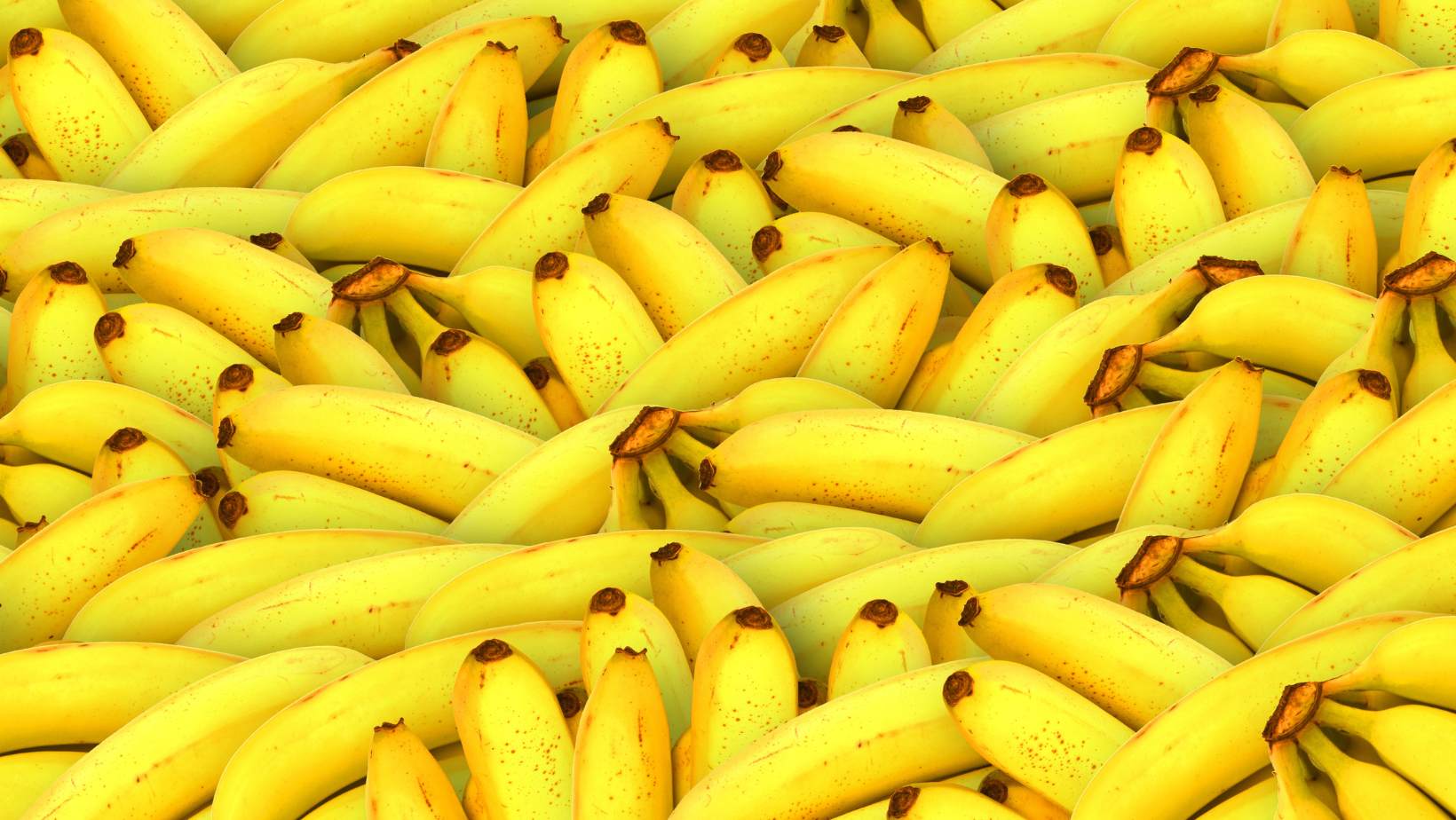Bananas are one of the most widely consumed fruits globally, but their popularity is often accompanied by concerns about their high sugar and carbohydrate content. In this article, we’ll take a closer look at the nutritional profile of bananas and explore their potential effects on health.
The nutritional profile of a medium-sized banana
Bananas come in various sizes and colors, depending on the type. A medium-sized banana, weighing approximately 118 grams, contains the following nutrients:
- 33% of the recommended dietary intake (RDI) for vitamin B6
- 8-14% of the RDI for vitamin C, magnesium, potassium, copper, and manganese
- Just over 3 grams of fiber
- Approximately 105 calories, with over 90% of those calories coming from carbohydrates
As a banana ripens, the starch content transforms into sugar. Consequently, unripe or green bananas are high in starch and resistant starch, while ripe or yellow bananas primarily contain sugar. Bananas are low in protein and fat, regardless of their ripeness.
Resistant starch: A unique benefit of unripe bananas
Resistant starch, found in green and unripe bananas, is a type of indigestible carbohydrate that functions similarly to fiber. This unique compound has been associated with several health benefits, including:
- Increased feelings of fullness after meals
- Reduced insulin resistance and lower post-meal blood sugar levels
- Acting as a prebiotic, feeding the beneficial bacteria in the gut
Combined with the fiber content of bananas, the resistant starch in green or unripe bananas contributes to their reputation as a healthy food choice. Contrary to popular belief, the satiating effects of resistant starch and fiber may actually support weight loss efforts by reducing appetite and increasing feelings of fullness.
Potential concerns: Allergies and diabetes
While bananas generally do not cause serious health issues, there are a couple of potential concerns to consider:
- Latex-fruit syndrome: People who are allergic to latex may also be sensitive to bananas, as 30-50% of latex-allergic individuals are also sensitive to some plant foods.
- Diabetes: Ripe bananas contain a substantial amount of sugar and starch, which may raise concerns for people with diabetes. However, bananas rank low to medium on the glycemic index, scoring between 42 and 62 depending on their ripeness. Consuming bananas in moderation should be safe for most people with diabetes, but it’s essential to monitor blood sugar levels carefully and limit intake of fully ripe bananas.
The verdict: Are bananas good for you?
Bananas are a nutritious fruit that offer several potential health benefits, particularly for digestive health, thanks to their fiber and resistant starch content. They are also a good source of potassium and magnesium, which are important for heart health.
However, it’s crucial to consider the ripeness of bananas, as ripe bananas are high in sugar and carbohydrates. While this may be a concern for people with diabetes or those following a low-carb diet, most individuals can enjoy bananas as part of a balanced diet. As with any food, moderation is key, and it’s best to consume a variety of fruits to ensure a well-rounded nutrient intake.
Your questions answered about bananas and health
Are green bananas healthier than ripe bananas?
Green bananas contain more resistant starch and less sugar compared to ripe bananas, which may offer some additional health benefits, such as improved blood sugar control and enhanced feelings of fullness. However, both green and ripe bananas provide valuable nutrients and can be included as part of a healthy diet. The choice between green and ripe bananas ultimately depends on personal preference and individual health goals.
Can I eat bananas if I’m trying to lose weight?
Yes, bananas can be a part of a weight loss diet. Despite their relatively high calorie and carbohydrate content, bananas are rich in fiber and resistant starch, which can help promote feelings of fullness and reduce overall calorie intake. As with any food, portion control is important, and bananas should be consumed as part of a balanced diet combined with regular physical activity for effective weight management.
How many bananas can I eat per day?
The number of bananas you can eat per day depends on your individual nutritional needs, health status, and overall diet. For most people, consuming one to two bananas per day as part of a balanced diet is generally safe and healthy. However, if you have diabetes or are following a low-carb diet, it’s best to limit your intake of ripe bananas and monitor your blood sugar levels closely. As with any food, it’s important to practice moderation and variety in your diet.
